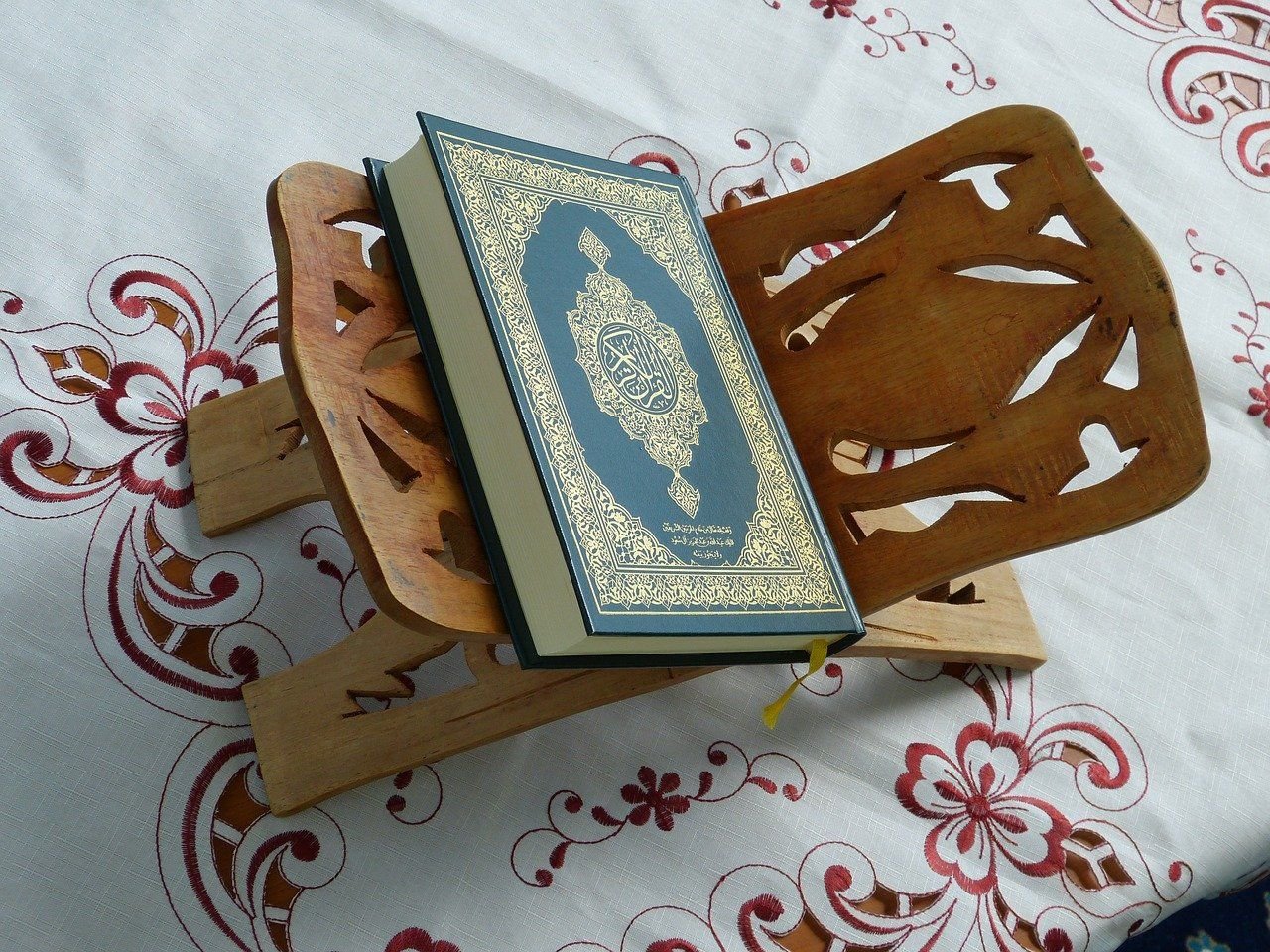In The Name of Allaah, The Most Merciful, The Bestower of Mercy
Allaah [The Most High] said:
وَحُشِرَ لِسُلَيْمَانَ جُنُودُهُ مِنَ الْجِنِّ
وَالْإِنْسِ وَالطَّيْرِ فَهُمْ يُوزَعُونَ
حَتَّىٰ إِذَا أَتَوْا عَلَىٰ وَادِ النَّمْلِ قَالَتْ
نَمْلَةٌ يَا أَيُّهَا النَّمْلُ ادْخُلُوا
مَسَاكِنَكُمْ لَا يَحْطِمَنَّكُمْ
سُلَيْمَانُ وَجُنُودُهُ وَهُمْ لَا يَشْعُرُونَ
فَتَبَسَّمَ ضَاحِكًا مِنْ قَوْلِهَا وَقَالَ رَبِّ
أَوْزِعْنِي أَنْ أَشْكُرَ نِعْمَتَكَ الَّتِي
أَنْعَمْتَ عَلَيَّ وَعَلَىٰ وَالِدَيَّ وَأَنْ أَعْمَلَ
صَالِحًا تَرْضَاهُ وَأَدْخِلْنِي بِرَحْمَتِكَ فِي
عِبَادِكَ الصَّالِحِينَ
And there were gathered before Sulaiman (Solomon) his hosts of jinns and men, and birds, and they all were set in battle order (marching forwards). Till, when they came to the valley of the ants, one of the ants said: “O ants! Enter your dwellings, lest Sulaiman (Solomon) and his hosts crush you, while they perceive not.” So he [Sulaiman (Solomon)] smiled, amused at her speech and said: “My Lord! Inspire and bestow upon me the power and ability that I may be grateful for Your Favours which You have bestowed on me and on my parents, and that I may do righteous good deeds that will please You, and admit me by Your Mercy among Your righteous slaves.” [27: 17-19]
Few Reminders From The Above Aayaat:
The ant sought an excuse for the army if they would have harmed its colony due to being unaware of their presence and it blamed its colony if they failed to take precaution by not entering their dwelling place. And due to this, Sulaymaan [alayhis salaam] smiled because indeed it is something that should bring about amazement and make someone smile. [Ref 1]
The ant knew Sulaymaan’s [alayhis salaam] affair and that of his army, exalted Sulaymaan’s [alayhis salaam] authority and excused them if they crushed its colony because that would have occurred unintentionally.
Sulaymaan [alayhis-salaam] heard the ant’s speech and understood it, so he smiled due to being amazed by the ant’s eloquence, [good] advice and fine expression. This is how the Prophets were – perfect manners and expressing their amazement in the right circumstances. They do not laugh; rather they smile just as the Messenger [sallal-laahu-alayhi-wasallam] mostly used to smile, for indeed a loud burst of laughter is an indication of feeble mindedness and bad manners.
On the other hand, the one who does not become amazed by what should amaze a person, then this is an indication of ill-humour and haughtiness, and the Messengers of Allaah are free from that. [Ref 2]
[Ref 1: An Excerpt from ‘Badaa’i At-Tafseer Al-Jaami Limaa Fassarahu Al-Imaam Ibnul Qayyim Al-Jawziyyah’ Vol 2′ pages 279-282). Slightly paraphrased]
[Ref 2: An Excerpt from ‘Tayseer Al-Kareem Ar-Rahmaan Fee Tafseer Kalaam al-Mannaan’. Slightly paraphrased]


